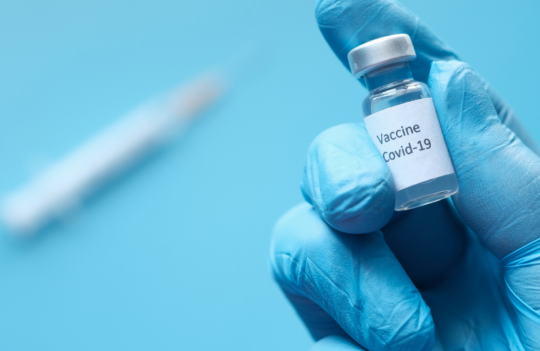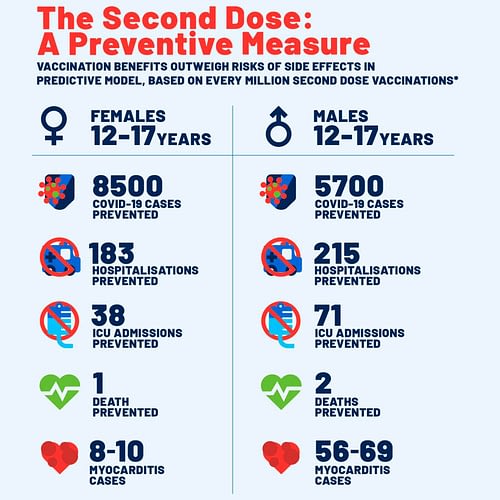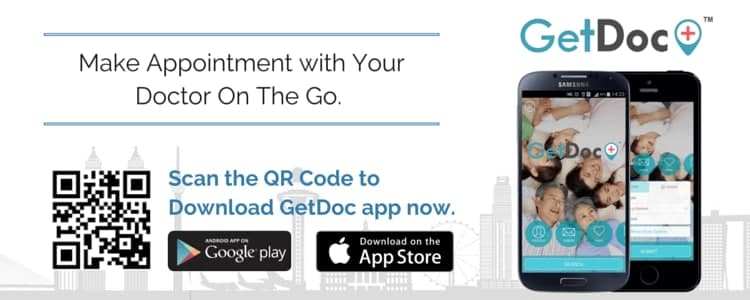SHARES
August 03, 2021
2004

Disclaimer
Important: The authors, reviewers, and editors of GetDocSays have made extensive and reasonable efforts to ensure that medical information is accurate and conform to the standards of the publication. They reflect the opinions and views of the contributors and not the publisher.
The information on this site is not professional advice nor is it to replace personal consultation with a physician, dentist, pharmacist, or other health care professional. The reader should not disregard medical advice or delay seeking it because of information published here.
by Joanne Lee
Multipotentialite. Loves creating and seeing ideas come alive. View all articles by Joanne Lee.



 Photo Credit: Ministry of Health Singapore
Photo Credit: Ministry of Health Singapore




